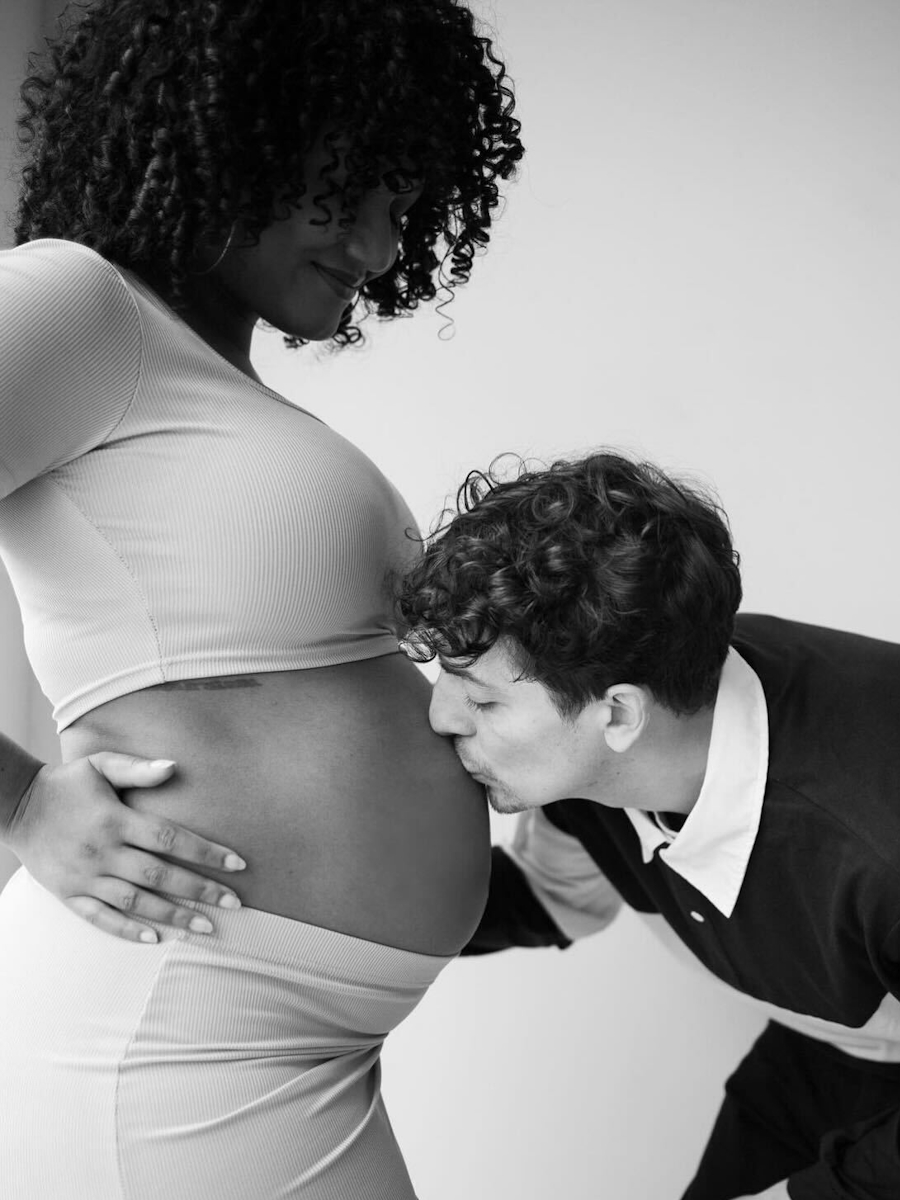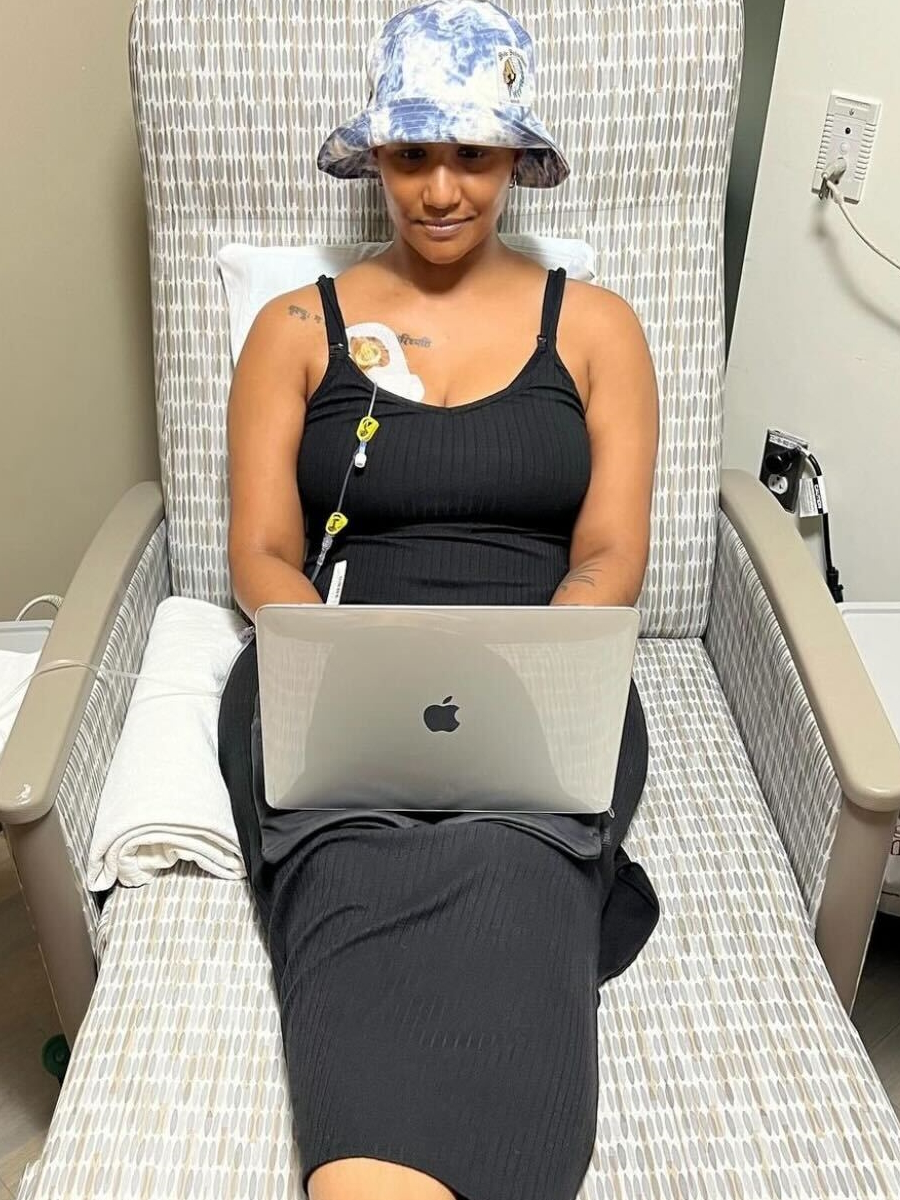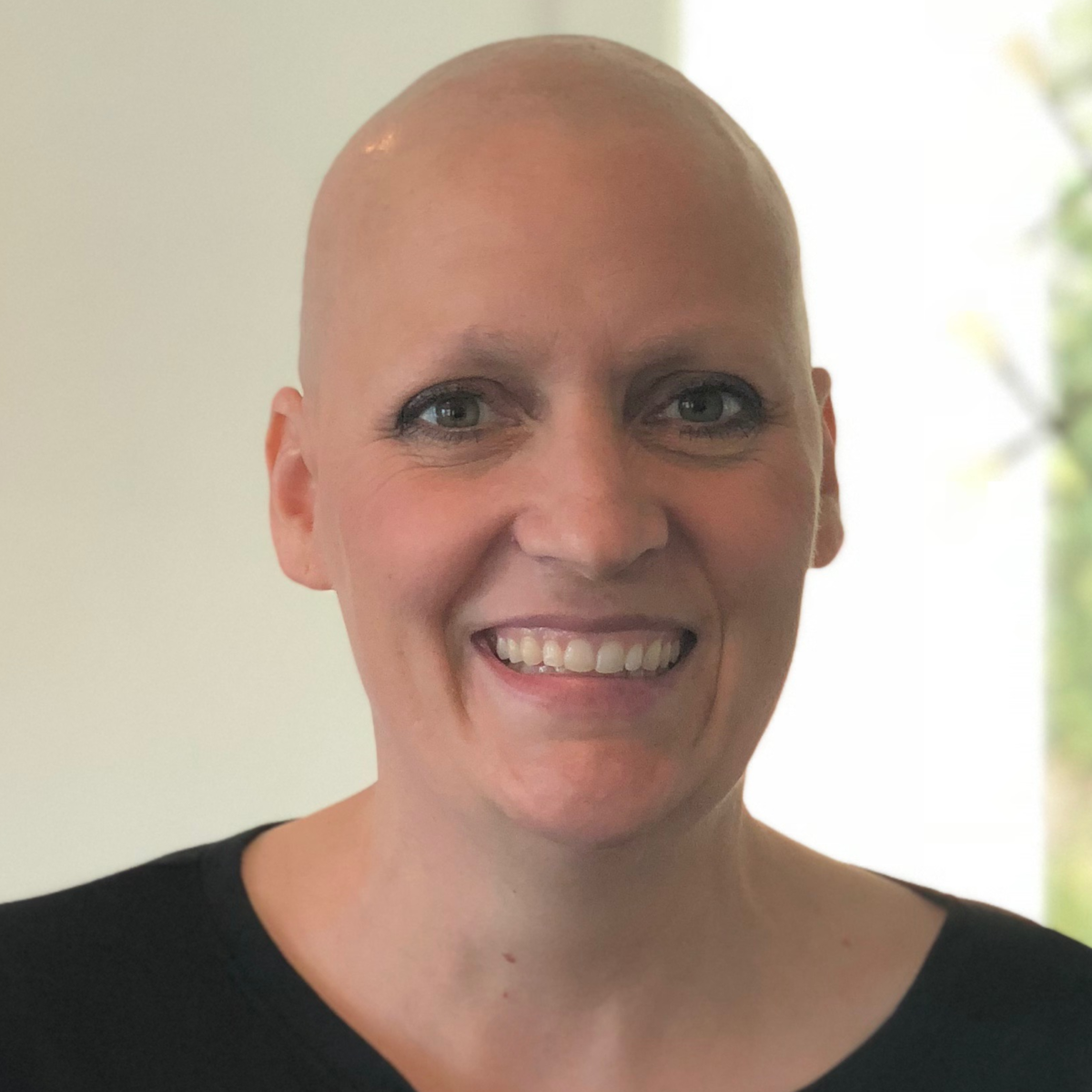Marina’s Stage 4 BRCA1+ Ovarian Cancer Story
Interviewed by: Nikki Murphy
Edited by: Katrina Villareal

Marina was diagnosed with stage 4 ovarian cancer shortly after giving birth to her daughter. She first experienced symptoms around 10 months postpartum, which included bloating, abdominal pain, heartburn, fatigue, and chest pain. Initially attributing these symptoms to postpartum recovery, she became concerned due to her family history—her mother was diagnosed with ovarian cancer in 2019 and found to have the BRCA1 gene mutation. Genetic testing confirmed that Marina also carried the BRCA1 mutation, putting her at a high risk for ovarian cancer.
Marina’s symptoms, combined with her genetic risk, prompted her to see her primary care provider. Her initial tests were mostly normal, except for an elevated CA-125 score, an indicator often used to detect cancer. An abdominal ultrasound showed a 7.7 cm mass on her right ovary, leading to further imaging, which revealed a 7.1 cm mass on her left ovary, malignant ascites, peritoneal tumors, and a 1.4 cm lesion on her spleen. She was quickly referred to a gynecological oncologist and informed that, unless she started immediate treatment, she had only six months to live.
Given the extensive cancer spread, Marina’s oncologist recommended starting chemotherapy before surgery to shrink the tumors. Marina underwent four cycles of chemotherapy, which successfully reduced some masses, especially those in her chest, allowing her to proceed with a planned radical hysterectomy and splenectomy. Her oncologist also considered HIPEC (hyperthermic intraperitoneal chemotherapy) for her case due to its potential benefits for her age and condition.
During chemotherapy, Marina experienced both physical and emotional challenges, including an allergic reaction and difficulty sleeping, but she found some relief when her treatment plan was adjusted. Marina was optimistic about her future, especially after consulting with a second gynecological oncologist, who offered a more hopeful outlook and mentioned the possibility of achieving no evidence of disease (NED).
After her scheduled surgery, Marina will continue chemotherapy and possibly begin a maintenance treatment with PARP inhibitors, drugs that have shown promising results in BRCA1 and BRCA2 mutation carriers. Despite the uncertainty and challenges of her diagnosis, Marina remains committed to her family, especially her young daughter, and is determined to fight for as much time with her as possible.
- Name: Marina A.
- Diagnosis:
- Ovarian Cancer
- Staging:
- Stage 4
- Mutation:
- BRCA1
- Symptoms:
- Bloating
- Abdominal pain
- Heartburn
- Fatigue
- Chest pain
- Treatments:
- Chemotherapy: pre- & post-surgery
- Upcoming surgeries: radical hysterectomy & splenectomy
- Possible HIPEC
- Maintenance treatment with PARP inhibitors (future plan)
This interview has been edited for clarity and length. This is not medical advice. Please consult with your healthcare provider to make informed treatment decisions.
The views and opinions expressed in this interview do not necessarily reflect those of The Patient Story.

Inspired by Marina's story?
Share your story, too!
More Metastatic Ovarian Cancer Stories
Cheyann S., Low-Grade Serous Ovarian Cancer, Stage 4B
Symptoms: Stomach pain, constipation, lump on the right side above pubic area
Treatments: Cancer debulking surgery, chemotherapy (carboplatin & Taxol, then Doxil & Avastin)
...
Susan R., High-Grade Serous Ovarian Cancer, Stage 4
Symptoms: Pulling sensation when emptying bladder, abdominal pain
Treatments: Chemotherapy (carboplatin & paclitaxel), surgery
...
Jodi S., Epithelial Ovarian Cancer, Stage 4
Symptoms: Extreme bloating, extremely tight skin, changes in digestive tract, significant pelvic pain, sharp-shooting pains down inner thighs, extreme fatigue
Treatments: Chemotherapy (pre- & post-surgery), surgery (hysterectomy)
...









